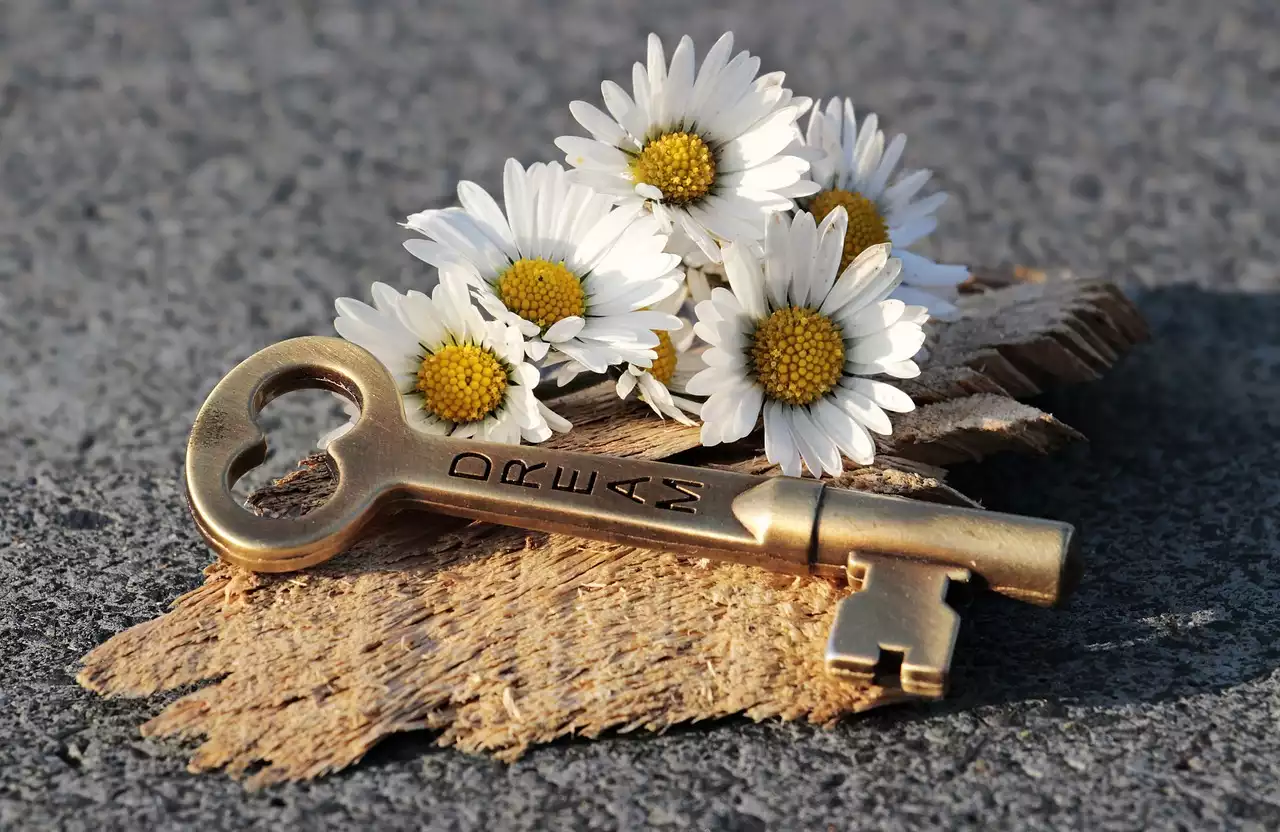What is a Non-Romantic Relationship with Ourselves?
A non-romantic relationship with ourselves is a connection between our minds and hearts. It’s a way of relating to ourselves that is based on trust and kindness, rather than romance and desire. Instead of finding our relationship with ourselves romantic or sexual, we treat it with the same tone and level of intimacy that we would with a dear friend. We offer the care and attention to our own well-being as if we were tending to that of a loved one. Non-romantic relationships with ourselves are often overlooked yet incredibly important. To create a strong, healthy relationship with ourselves is to understand that we deserve to be treated well just like we treat those around us.
Benefits of Cultivating a Non-Romantic Relationship
In order to trust ourselves, we must first get to know ourselves better. By practicing non-romantic relationships with ourselves we become more aware of our strengths as well as our vulnerabilities. This includes understanding what we need from others as well as how to ask for it. As we become more familiar with our emotions and needs, we can begin to trust that we know ourselves well enough to make good decisions. We can learn to give ourselves the love we deserve: We all desire to be loved by others, yet only a few of us find the right person with whom to share a romantic or sexual relationship. For the rest of us, there is the very important relationship we have with ourselves. This relationship can be enriched by the love and care we give ourselves. We can boost our self-confidence: We are more likely to succeed if we believe in our abilities. Self-confidence comes from the knowledge that we have the skills to do what we need to do. If we lack confidence, we can be easily overwhelmed by our responsibilities. By showing ourselves kindness and care, we are actively building our self-confidence. Research has found that burnout is not just a work issue it can happen in any aspect of our lives where we feel overworked and stressed. Practicing non-romantic relationships with ourselves can give us the time and space we need to prevent burnout. We all have times when we are overwhelmed with responsibilities and difficult emotions. When this happens, it’s easy to forget to treat ourselves with the same care and kindness we give to the people we love. Practicing non-romantic relationships with ourselves can help prevent this from happening.
Investing in Ourselves
We can learn to invest in ourselves as if we were putting money in a savings account. We might not see the benefits of this immediately, but it is important to do it anyway. If we don’t put effort into caring for ourselves, we risk burnout, stress and exhaustion. Though it might feel like a waste of time, it’s really a waste of our lives not to take the necessary steps to take care of ourselves. Investing in our health: Our health should be a top priority, no matter how busy we are. Our health influences every aspect of our lives, yet taking care of it can feel like a burden. Make your health a priority by getting enough sleep, eating nutritious food, and exercising. You might not see the benefits right away, but they will come. The people around us are important, too. Since we spend so much of our time with them, they can have a big impact on our energy levels. Invest in your relationships by being open and honest and setting healthy boundaries. Be kind to yourself and others this is the best way to nurture a healthy relationship. Healthy self-esteem is important for our self-confidence and how we treat others. Having low self-esteem can lead to destructive behaviours like self-sabotage and self-judgement. To raise your self-esteem, practice self-compassion and self-acceptance.
Self-Care Activities
Sleep is important for our health and our mental well-being. It can help us to be more creative and productive. In addition, it can reduce stress and anxiety. Getting enough sleep can be a challenge when we have busy lives. Try to make sleep a priority by reducing distractions before bed and setting a sleep schedule. - Exercise: Exercise is important to our health, vitality, and self-esteem. It can reduce stress, improve our sleep and boost our mood. It is important to find an exercise that works for you. It doesn’t have to be a gym-based activity you might prefer yoga, walking or gardening. Healthy eating can lower our risk of developing certain diseases and improve our mood by regulating our blood sugar. Make sure to eat enough protein, fibre, vitamins and minerals. Try to avoid processed foods and sugar as much as possible. Creative activities like journaling, painting, and playing music can boost our self-esteem and positively affect our mental health. They also provide us with an outlet to express our emotions.
Connecting with Our Feelings and Needs
What are you feeling today? When do you feel those feelings? It can be very helpful to connect with our feelings. Start by taking a few moments to notice what you feel. By listening to our emotions we can learn more about ourselves and understand what needs to be done next. Get comfortable with expressing your needs: Sometimes, just knowing what we feel isn’t enough we also need to know why. This is where our needs come in. Everyone has certain needs, like being treated with respect or receiving adequate time away from work. Unfortunately, exploring our feelings and needs isn’t always easy. We might feel uncomfortable or awkward expressing our needs and feelings. By practicing self-compassion, we can become more comfortable with these feelings.
Challenging Limiting Beliefs
When we feel anxious or upset, there’s a good chance that our limiting beliefs are behind it. We may not know what they are, but we can start by being aware of our negative thoughts. Write down your thoughts and feelings, and see if there are any patterns. Once you know what your limiting beliefs are, challenge them. This can be done by imagining yourself in a situation where one of your limiting beliefs comes up. Let it take shape in your mind and then imagine challenging it with a new thought. When you challenge your limiting beliefs, they won’t just disappear. They will be replaced with something new. Replace your limiting beliefs with positive thoughts that will help you feel better.
Cultivating Self-Compassion
Identify what you are feeling and what your needs are. This is the first step to self-compassion. We can’t treat ourselves with compassion if we don’t know what we really need. If you don’t know what you feel or need, try to think back to a time when you were relaxed and in a state of happiness. Everyone makes mistakes it’s part of being human. Try not to be too hard on yourself when you make a mistake or fall short of your goals. Accept that we all make mistakes and have off days there is no shame in that. Treat yourself the way you would treat a loved one who is experiencing negative thoughts and feelings. Be kind to yourself through the good and bad times. Be patient and gentle with yourself when you need to rest and recharge or when you make a mistake.








.png?size=50)

